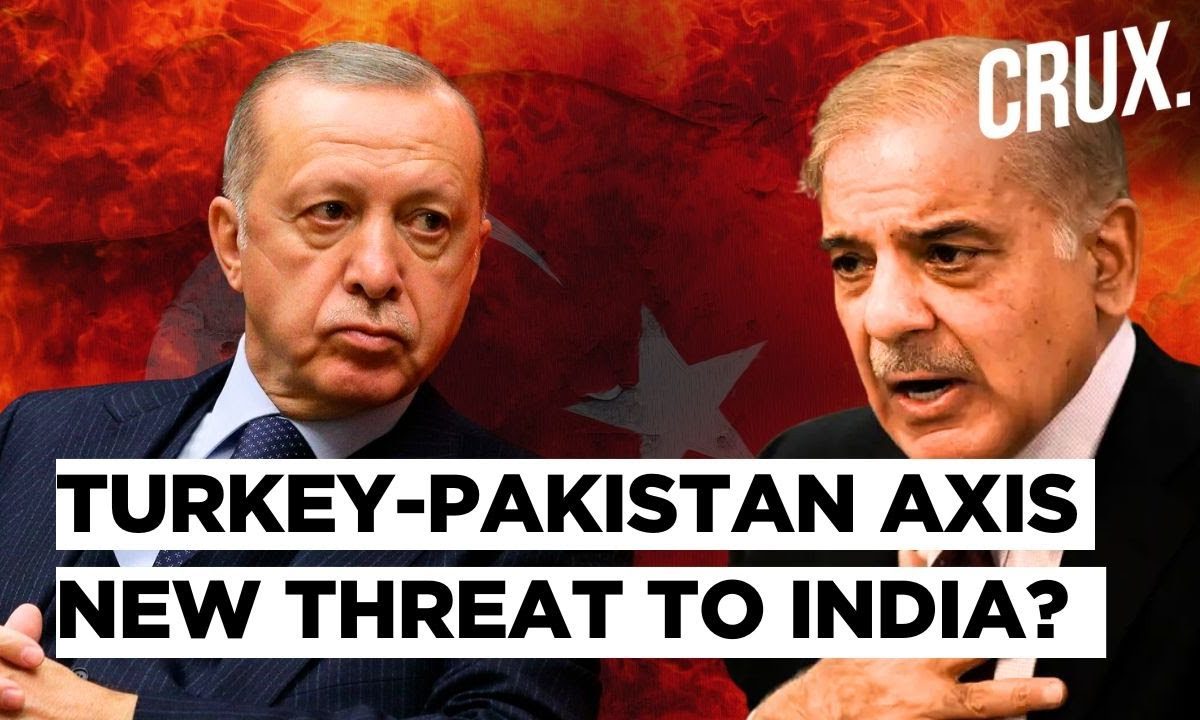

Following a recent escalation of tensions between India and Pakistan, marked by military strikes and counter-attacks, Pakistan's Prime Minister Shehbaz Sharif has made an urgent trip to Turkey to meet with President Recep Tayyip Erdogan. The visit, which occurred on May 25, 2025, comes in the wake of a four-day conflict that saw Indian forces target air bases and other strategic locations within Pakistan. While reports of Turkish air bases being bombed by India are unsubstantiated, the meeting underscores the strong relationship between Pakistan and Turkey, particularly in the face of regional challenges.
The impetus for the conflict can be traced back to a terror attack on April 22, 2025, in Pahalgam, Kashmir, where armed terrorists killed 25 Indian nationals and one Nepalese citizen. India accused Pakistan of indirectly sheltering the attack, a charge Islamabad has vehemently denied. In response, India launched what it called "Operation Sindoor," military operations targeting nine sites in Pakistan and Pakistan-administered Kashmir. This led to a swift escalation, with both sides engaging in military actions, including missile strikes and aerial engagements.
Notably, amidst the conflict, Pakistan Prime Minister Shehbaz Sharif acknowledged that the Nur Khan airbase in Rawalpindi was struck by Indian missiles during the night of May 9-10. This marked a significant admission, as previous Pakistani statements had downplayed the extent of the damage inflicted during the Indian operation. Satellite images have also revealed damage to the Murid air base, further substantiating the impact of India's strikes.
In the wake of these events, Prime Minister Sharif's visit to Turkey signals Pakistan's reliance on its allies for support. The meeting with President Erdogan focused on strengthening bilateral relations, discussing regional and international issues, and reaffirming mutual support on core national matters, including the Jammu and Kashmir dispute. Sharif expressed his gratitude to Erdogan for Turkey's resolute support during the recent standoff with India, referring to him as his "dear brother." Erdogan, in turn, reaffirmed Turkey's solidarity with Pakistan, emphasizing the "unbreakable ties" between the two nations. Discussions also covered enhanced cooperation in defense, trade, counter-terrorism, education, intelligence sharing, and technological support.
Turkey's backing of Pakistan during this period has not gone unnoticed in India. There have been reports of a growing call to boycott Turkish products and services in response to Turkey's perceived support for Pakistan, particularly following the Pahalgam terror attack and Operation Sindoor. However, despite these tensions, Turkey has maintained its stance, with Erdogan emphasizing the importance of solidarity between the two countries.
Beyond the immediate crisis, the visit also aimed to bolster economic ties between Pakistan and Turkey, with both leaders reiterating their commitment to achieving a $5 billion annual bilateral trade target. Key sectors for collaboration include renewable energy, information technology, defense production, infrastructure development, and agriculture. The leaders also expressed concern over the humanitarian crisis in Gaza, calling for an immediate ceasefire and unrestricted humanitarian access.
As Prime Minister Sharif embarks on a four-country tour that includes Iran, Azerbaijan, and Tajikistan, his visit to Turkey underscores the importance of strong diplomatic alliances in navigating complex regional challenges. The bond between Pakistan and Turkey remains a significant factor in the geopolitical landscape of South Asia, particularly in the context of ongoing tensions between India and Pakistan.